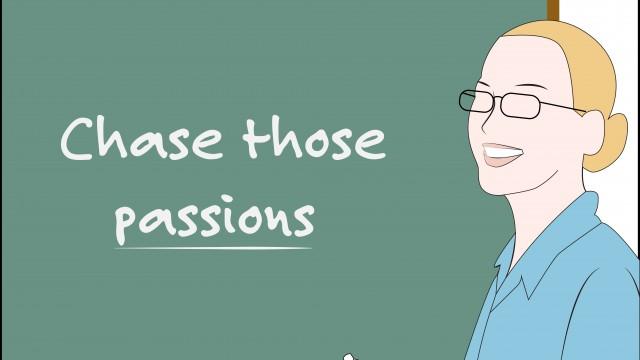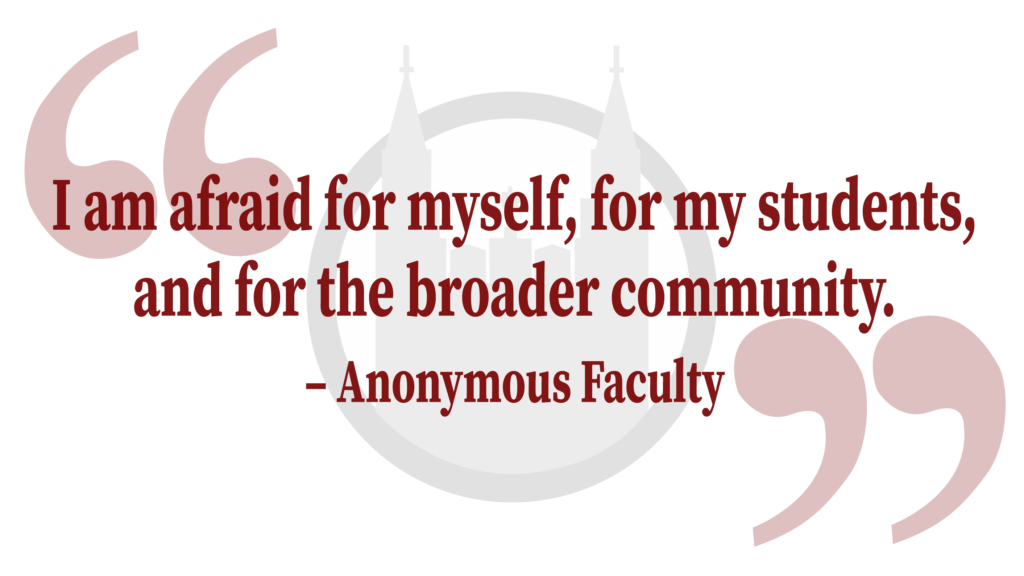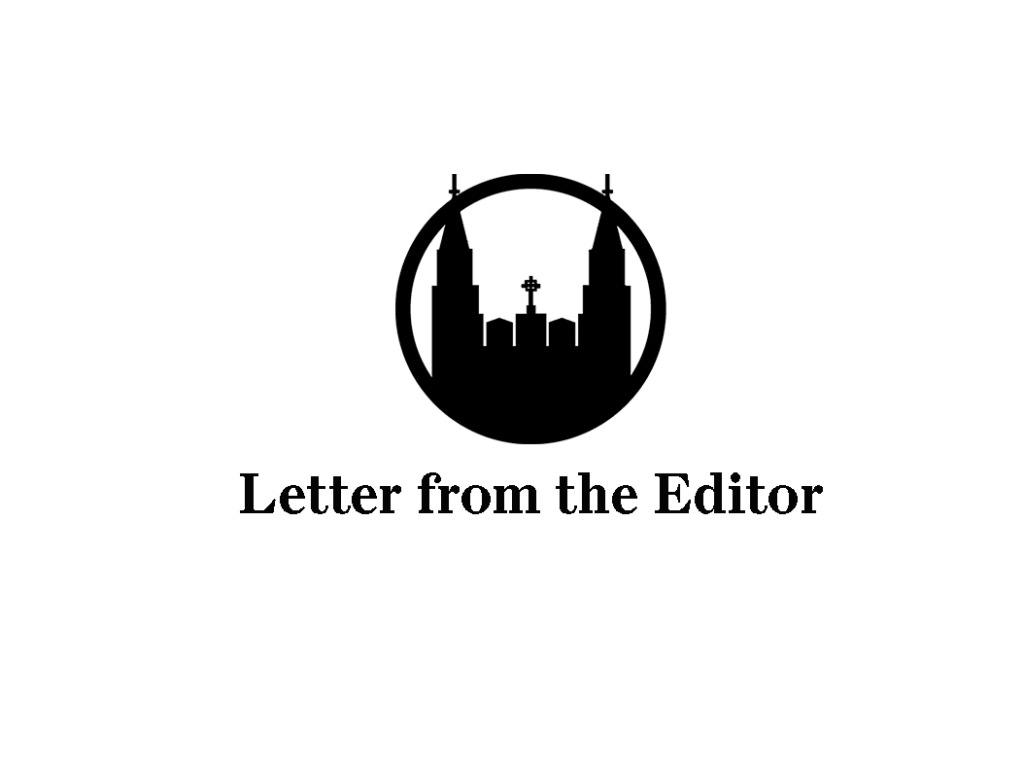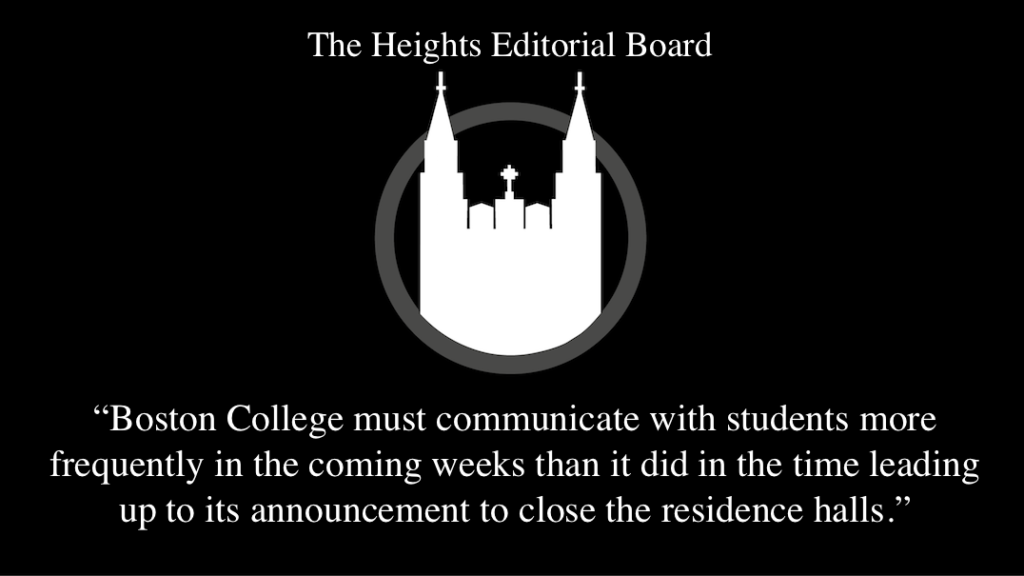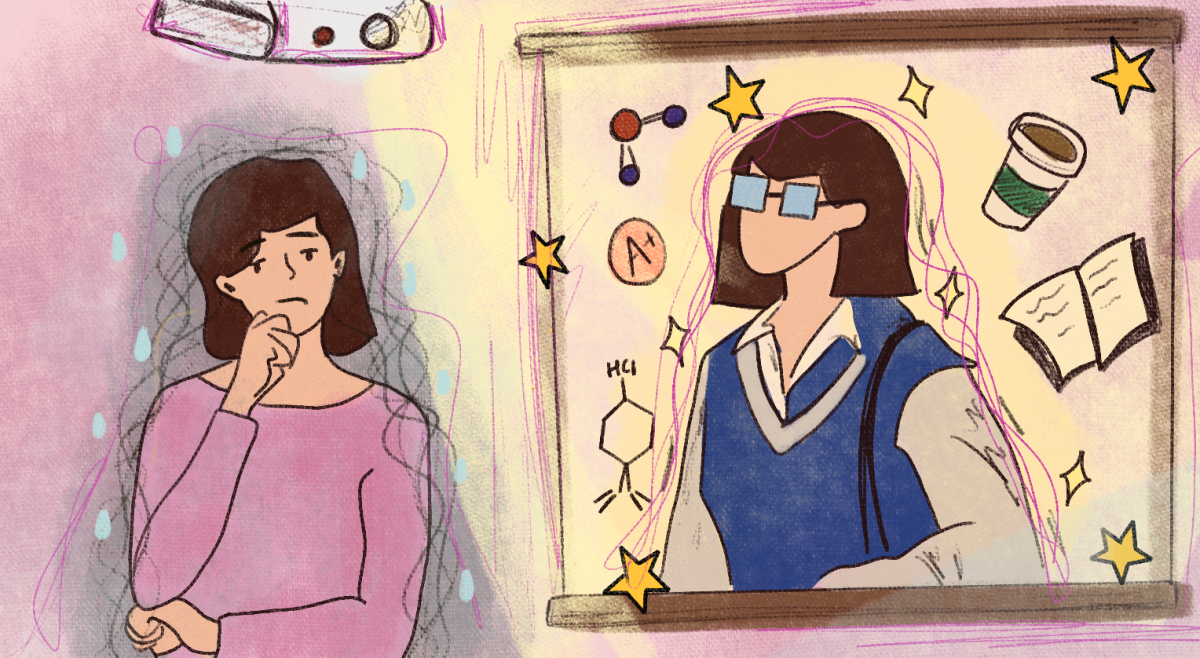Between first and second grade, I wrote my first book. It was about 14 pages long, bound in one of those thin, off-white cardboard covers, and titled Harry Potter and the Sorserers Stone.
And, since I’m sure you’re wondering, it had nothing to do with the other Harry Potter, to which I’ve heard it bears some minor resemblances. Frankly, I’m getting kind of tired of people asking about that. I came up with mine like five years before anyone even knew about this other guy, and I’ve proven it several times. But we don’t have time for that right now.
Everywhere I went that year, the little book came with me. When I grew restless in waiting rooms and restaurants, I’d add more color to the cover illustrations, write more lines in the—and I couldn’t make this up if I tried—“About the Author” and “For Further Reading…” sections on the back. By summer’s end, you’d have had trouble finding a spot of white through the whole thing.
There was a strange feeling I had for that book—it ran deep like love or reverence. But there was something else: something intrinsic, basic, like I’d come upon a dear friend I hadn’t thought of in years.
That was the summer I learned to write. Not so much to use good grammar, set a scene, or spell properly, but write. I found my way into telling stories by telling them, like you learn to swim by kicking madly through the deep end. I’m an English major now, pretty happy to be doing roughly what I did then every day: reading, writing, and learning to get stories down on paper.
I bring it up, though, because I think that these are useful things for all students to be doing. And because, without fair amounts of luck and help, I probably wouldn’t be doing them.
Fortunately, my 16 years in school have included more than a few brilliant teachers. The gifted kind, who can spot unbridled passion and creativity from miles off. Most everything I’ve ever learned, I owe in some sense to Mr. Fields (5th grade), Mrs. Greene (12tht, and my mother (all the time between).
I believe, wholeheartedly and with the utmost conviction, that teachers like this are the closest things we’ve got on Earth to angels. If you’re one of the few who has come this far without one, you’ve my deepest sympathies.
Because if not for their influence, I’d be a Business major. Not that there’s anything wrong with that, of course. For a student who’s got a passion for calculation, conversation, and negotiation, there probably isn’t a better way to go. We run into a problem, however, when children choose it out of fear of unemployment or an inadequate resume, in spite of passion for something else.
More and more, a four-year degrees are viewed as commodities in the vein of gold or oil, investments from which the buyer has every right to expect tactile and immediate fiscal returns. Internet sites have actually come to use this awful market language explicitly, putting lists up in the spirit of Forbes’ 25 Colleges With the Best Return on Investment, which measures the overall tuition of universities against the average starting salaries of their recent graduates.
Such shallow, shortsighted sentiment doesn’t bode well for the public discourse or an informed electorate, and certainly not for the Liberal Arts.
Governors across the nation have spoken out in recent years against traditional Liberal Education, cutting funding for it dramatically in favor of more practical professional and vocational training. Even the President of the United States Barack Obama jumped onboard, claiming, “folks can make a lot more, potentially, with skilled manufacturing or the trades than they might with an Art History degree.” The former Political Science major later apologized, but the message was clear.
And it’s nothing new. They told Socrates the same thing when he was dragging his lazy ass up and down the streets of Athens. “When I see a man engaging in Philosophy and not giving it up,” says Callicles in Gorgias, “I think such a man by this time needs a flogging.” Now, no one is suggesting that we beat Philosophy majors in public, though there are probably some who could use it (looking at you patchy bearded, herb cigarette smoking guy).
What they are suggesting, however, is that these once pervasive fields of study simply don’t make sense anymore. They are outdated, ivory tower luxuries that we can no longer afford to waste our time on.
They’re wrong, by the way.
The United States is home to the most revered universities in the world for a reason. These places are hallowed temples to reason, rational thought, and innovation. They’ve taught Liberal Arts for the length of their existence, not for any immediate result, but for the foundation provided by such a curriculum.
Steve Jobs didn’t get through an engineering program at Harvard. He didn’t study those god-awful “7 Habits of Highly Profitable Handsome Conflict-Managing CEO” books that we’ve started using as textbooks, and no one ever gave him presentation on what sharp business casual dress looks like. He studied Calligraphy and Philosophy, using what he picked up to create an intuitive, user friendly operating system that has become an industry standard.
And, since we’re talking about massively successful people, Mark Zuckerberg didn’t come up with Facebook because of any vocational training in Computer Science or Marketing. He identified a fundamental human need to be named and recognized, creating the platform that provides people with an ability to exist on the Internet as they do in life, subjectively and among friends.
And yes, there is a program that’ll teach you to notice things just like that. It’s called psychology, and it’s been around since before any of the governors who are slashing its funding could tie their own ties.
People trained for a trade to contribute to the world. But the ones who change it do so standing on the shoulders of Locke, Hume, Socrates, and Shakespeare. They always have.
In the end, it’s understanding we crave. What drives us, where we came from, whom and why we love. As long as two of us are still breathing, we won’t stop looking for that. And for any hope of finding it, we’ll need to hold onto Liberal Arts.
Featured Image by Francisco Ruela / Heights Graphics

